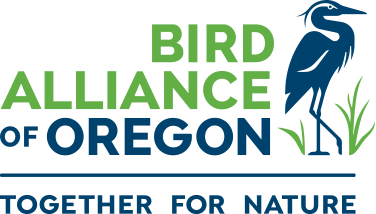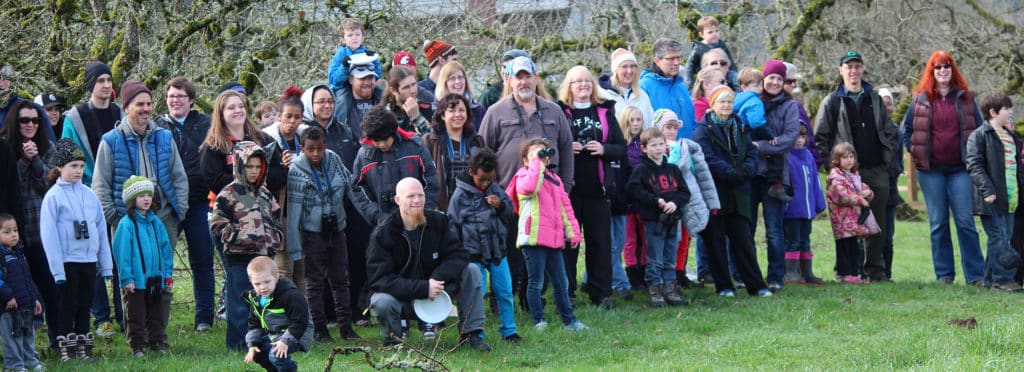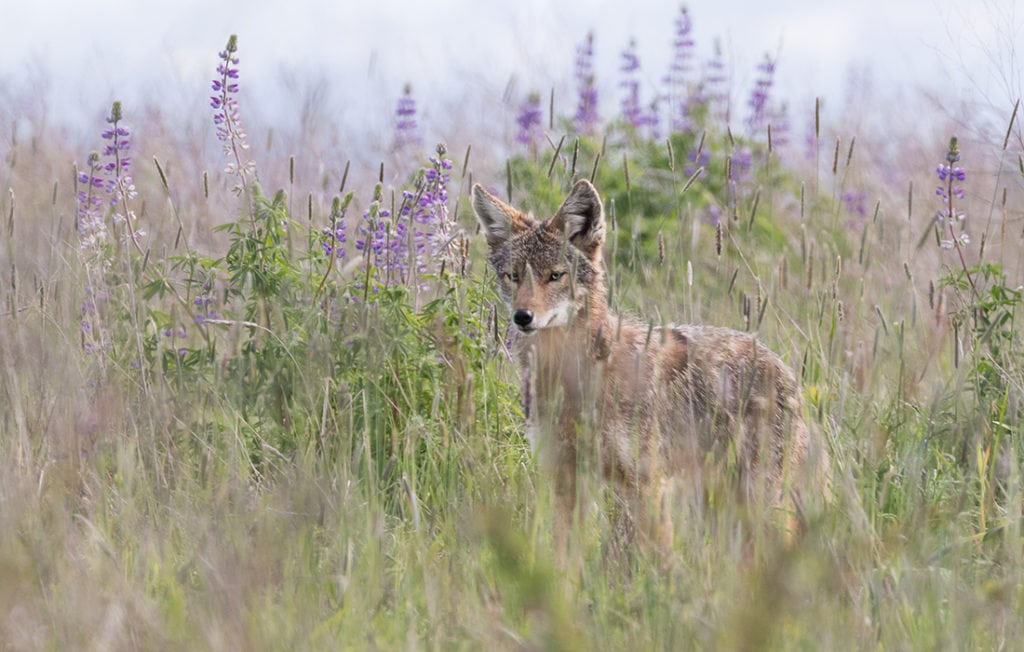By Stephanie Herman, Wildlife Care Center Manager
As many have noticed, Pine Siskins are everywhere this year, bringing larger numbers of these delightful birds to our yards and feeders. Right now, these birds do need our help. Our Wildlife Care Center is seeing increased admissions of flocking birds, primarily Pine Siskins. Although we are still waiting on definitive results from the OSU lab, most of the birds’ symptoms are consistent with salmonella. It’s been going on at various levels since November, and it seems to be getting worse, as we’re seeing further increases in admissions this week.
We do tend to see these types of outbreaks every winter, as birds change behavior and begin flocking and visiting feeders which concentrates the birds. Salmonella has a high mortality rate once birds become symptomatic enough to catch, so though we do our best with those admitted to care, it’s far better to try to prevent and curtail its spread.

The best advice if you observe sick birds is to take down feeders to help the birds “social distance”. By taking feeders down for 14 days, we help the birds disperse and limit their exposure to concentrated feeding. Remember that the very best way to support birds in our yards and neighborhoods is with native plants and leaving leaf litter alone because natural foraging behavior doesn’t create the same high disease transmission risk that bird feeders do.
To prevent feeders from becoming point-sources of disease in the first place, it is important to clean and bleach them at least once a week (clean with soap and water, rinse, soak or spray with 10% bleach solution, rinse after that sits for 10 minutes). We also recommend only feeding limited amounts of seed–just enough for the day. Finally we also recommend steering clear of platform feeders, at least during high-risk periods, because birds stand on them and tend to defecate where the food is, increasing the chances of spread.
Also, please be sure to wash your hands after handling the feeders, as salmonella can affect people and pets as well. It’s also a great time to keep your cats indoors so it doesn’t catch a sick bird.
Thank you all for caring about birds, and helping Pine Siskins and other flocking birds!




